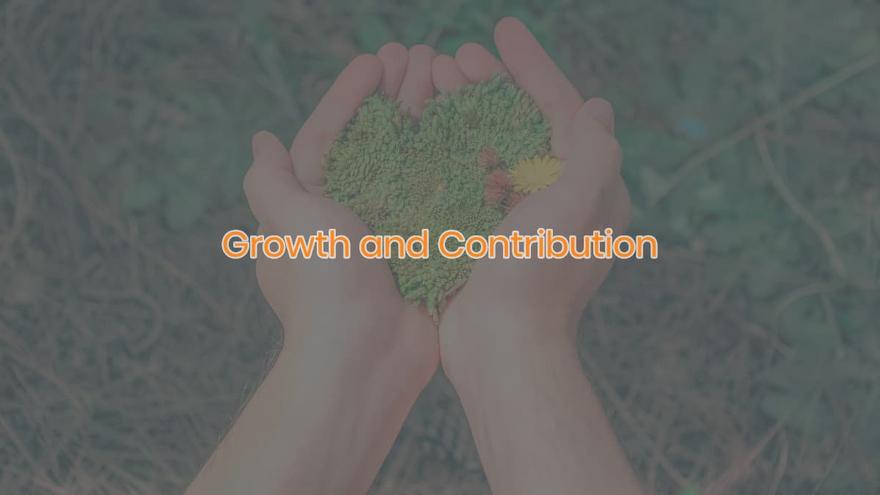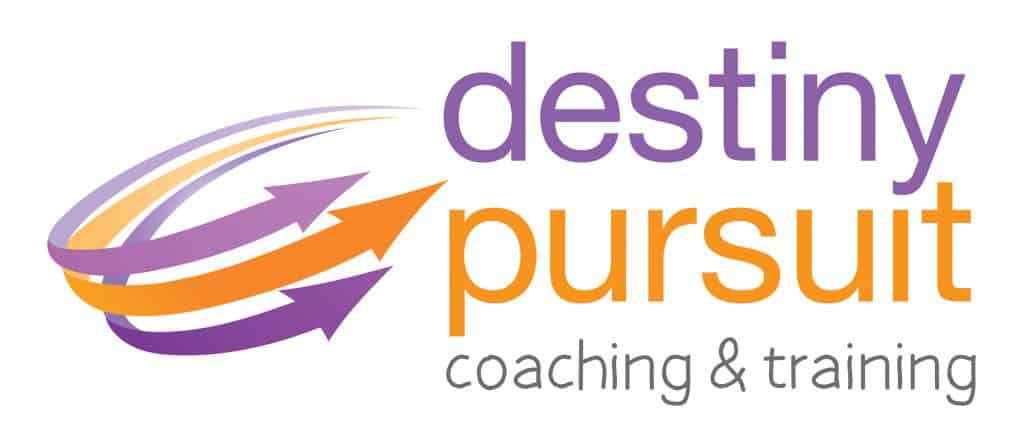Growth and Contribution - NLP Matters, Episode #008

In this episode, we’ll explore in detail the final two core needs from the Six Core Needs Model. These are the needs for growth and contribution.
These two needs are sometimes known as higher-order or spiritual needs, and they're slightly different from the first four needs, which we call personality needs. The first four needs are certainty, variety, significance, and love or connection. Let's take a look at these needs for growth and contribution.
Listen to the podcast to learn more.
Listen to the Podcast
Here are some key takeaways from this episode:
- The need for growth and the need for contribution are sometimes known as higher-order or spiritual needs.
- Personal growth is a central part of the human condition. We give both individually and as a species to develop and grow intellectually, socially, emotionally, and spiritually.
- Human beings are learning and growing machines.
- Erik Erikson’s model framework for socioemotional development is used widely to characterize and explain human learning and growth across the whole lifespan. This model identifies eight stages of development.
- The core need for contribution is also ingrained in the human psyche. We are built to give to others beyond ourselves.
- The needs for growth and contribution are like two sides of the same coin. Growth is focused on self, and contribution is focused on the growth of others.
- For the most part, when the needs for growth and contribution are met, in the process, they also satisfy the other four personality needs.
- As we take action to satisfy our needs for love and connection or our need for significance, we may also be contributing to someone else.
- Contribution combined with growing personally and professionally is a sure-fire way to meet all the core needs at once.
- The drive for growth and contribution relates to the second law of thermodynamics, the law of entropy. Energy is needed to maintain it.
- Human beings are a system. We need to keep growing and progressing.
- Resourcefully meeting the need for growth is all about learning and growing. Meeting it unresourcefully means being stagnant.
- Contributing to others is resourceful whilst ignoring opportunities to make a difference or constantly taking from others is destructive, both to the group and to ourselves.
- People who volunteer regularly report that they trust others more. They feel happier and more connected.
- All dysfunctional behaviors arise from the inability to consistently meet the six human needs. By better understanding which of the basic human needs is the driving force behind human behavior, you can not only choose to make changes in your own life, but you may also find you can grow a bit and perhaps even contribute to others.
- Understanding the six core needs and which ones we are trying to meet in any given moment can help us choose to create new patterns that lead to lasting fulfillment.
In the next episode, we will review the ground we've covered with the six core needs - certainty, variety, significance, love, and connection growth, and contribution, and why together they form one of the keys to understanding why we do the things we do.
Joanne Clark
Joanne Clark is an Internationally accredited Master Trainer of NLP who has been delivering NLP training since 2011. Being on her feet in front of training rooms is where Jo loves to be and her passion for inclusive and immersive training that delivers outstanding learning outcomes is apparent to everyone in her training rooms. On average Jo delivers 140 days of training per year in addition to online webinars, guest speaker events and group coaching.
“NLP is at the core of all my training and coaching, it is at the core of who I am, how I interact and connect with people. I am absolutely passionate about spreading the NLP tools across the planet as I endeavour to support Robert Dilts’s vision of Creating a world to which people want to belong.” Joanne Clark
Certified Master Trainer of NLP; Master Practitioner NLP, Hypnotherapy & Matrix Therapies; Performance Coach; Cert IV Coaching; Advanced Practitioner in Coaching; Cert IV in Business; BA(Hons); Majors in Sociology and Psychology; Parent Education Leadership Training (PELT) Certificate; Mother of four children; Private Pilot (PPL); Diploma in Life Coaching


0 comments
Leave a comment
Please log in or register to post a comment